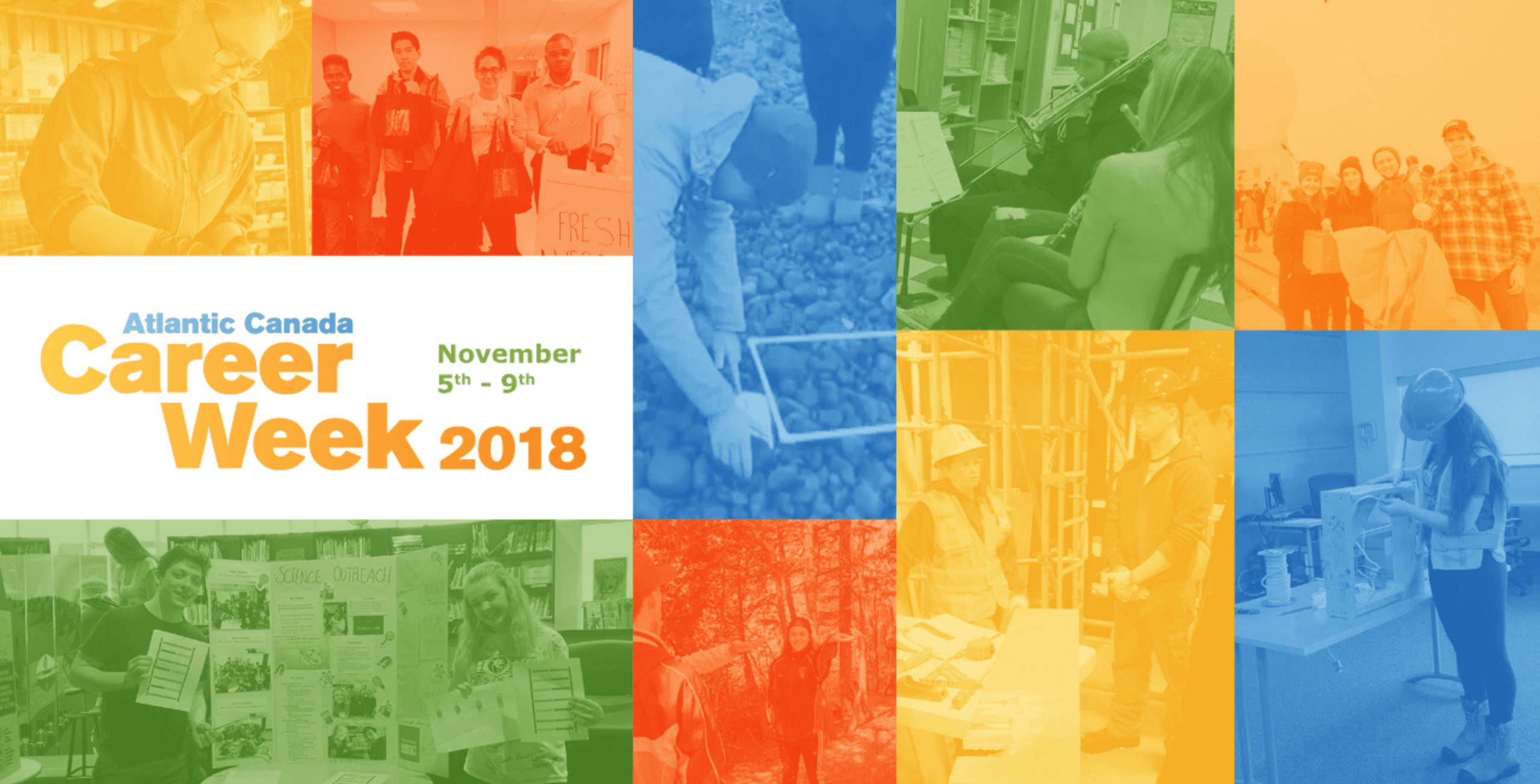
Connecting Real World Learning to Real World CAREER DEVELOPMENT.
Career development is the lifelong process of managing your living, learning and earning in order to move to where you want to be.
Decisions you make each day - how you spend your time and what you identify as priorities - affect your career development. Ultimately, your career development is much more than the jobs you pursue - it is about how you want to live your life.
Real World Learning provides a way for students to test the waters before committing to a career pathway.
OTHER PROS FOR REAL WORLD LEARNING
- Experience a professional environment and expand your network
- Include activities in your resume and help you stand out in the job market
- Apply what you have learned in the classroom to real-world situations
- Reflecting on your experiences will help clarify your career focus
- Gain a sense of self-confidence in your abilities
MAKE THIS THE WEEK YOU TALK ABOUT ‘REAL WORLD’ CAREER NEXT STEPS
PARENTS, GUARDIANS, AND FAMILIES
You’ll do anything to get your child’s attention. But what will you say when you get it?
Talking to children and youth about post-secondary and career planning isn’t easy, but breaking it down into small conversations can help.
During Atlantic Canada Career Week, we encourage you to help your child TO LOOK INSIDE (build self-awareness) and OUTSIDE (expanding horizons of the kind of learning and/or work that could be possible) and to plan for the future THEY want.
To start the conversation about looking inside and outside, try exploring these questions:
EDUCATORS – GUIDING QUESTIONS
Educators may support students before, during, and after their Real World Learning experiences by prompting them to reflect on their learnings. For example, students could ask themselves reflective guiding questions such as :
- What do I expect to learn going into this Real World Learning experience?
- What did I learn?
- What surprised me the most about the experience?
- What did I like most about what I did?
- Is there anything I would change for next time?
- What did I learn about potential opportunities in this field in the future?
- How did the work environments align/not align with my ideal work environment?
- What tasks did I enjoy most, and why?
- What did this experience teach me about myself?
- How could I use the information I learned?



